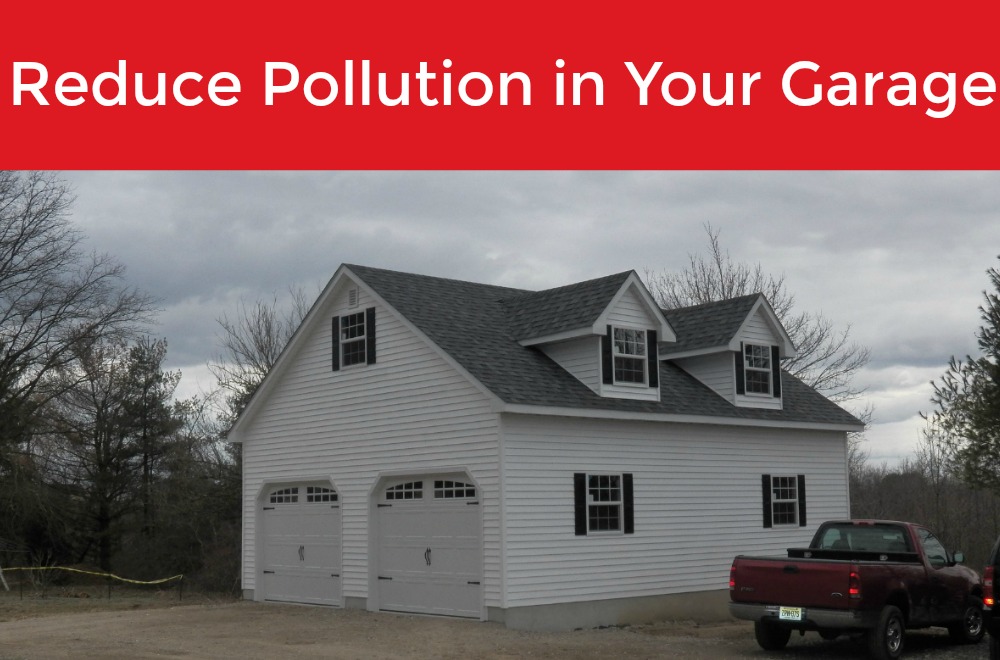
Did you know that gas fumes in your garage can get into your house and cause poor air quality? It is important that you know how to reduce the pollution in your garage. The team here at Garage Door Repair of St. Louis has a few tips that will help you keep your family safe.
What Toxins Are in Your Garage?
You probably do a lot to keep down the toxins in your home, but the garage is an area that we don’t think about. The exhaust from your car is a major air pollutant. If you store certain types of chemicals in your garage, you will also have those pollutants to deal with.
Attached garages are the biggest problem for families. Health studies have been conducted that show benzene and other pollutants inside of a house that is attached to a garage. Houses that don’t have attached garages don’t have this problem.
What Symptoms Can You Experience From Benzene Exposure
It is important to learn the signs of exposure to benzene. The short term symptoms can include:
- Dizziness
- Drowsiness
- Unconsciousness
- Even death
Even if you do not feel the effects of benzene, long term exposure can lead to a reduction in blood production and bone marrow disease. It is important that you take the necessary precautions to cut down on exposure to your family.
How to Cut Down on Toxins in The Garage
In order to make your air quality higher, you need to cut down on the toxins in your garage. Here are the things you can do to reduce the pollutants:
1. Don’t Run Engines in The Garage
It might be tempting to start the car and let it run for a while to heat up or cool down, but you shouldn’t do that if it is in your garage. If you want to start the car and get it going, pull it out of the garage.
2. Close the Gaps
The door between your garage and your house should be well insulated. Seal up the gaps with weather stripping to keep air from getting in. You should also seal any ducts that lead into the house or wiring.
3. Open the Door
Before you start your car, lawn mower, or chainsaw, open the door to the garage. This way, the pollutants will dissipate quickly.
4. Don’t Leave the Door to the House Open
Make sure you keep the door closed between the house and the garage. Even though it is not open to the outside, you are still letting in the toxins to your home.
5. Install a Vent
If you work in your garage using chemicals or paint, then you should install an exhaust vent. Also, you should always run a fan and leave the door open when working with chemicals.
6. Insulate Your Garage Door
If your door is not insulated, you should install insulation to it. An insulated door will keep the fumes and toxins from outside from getting into your garage.
Call Us Today to Insulate Your Garage Door
If you need us to insulate your door, call our team today. The technicians here at Garage Door Repair of St. Louis are always available to take your call. We will get someone out to your location as soon as possible. Our team is ready to serve you.







